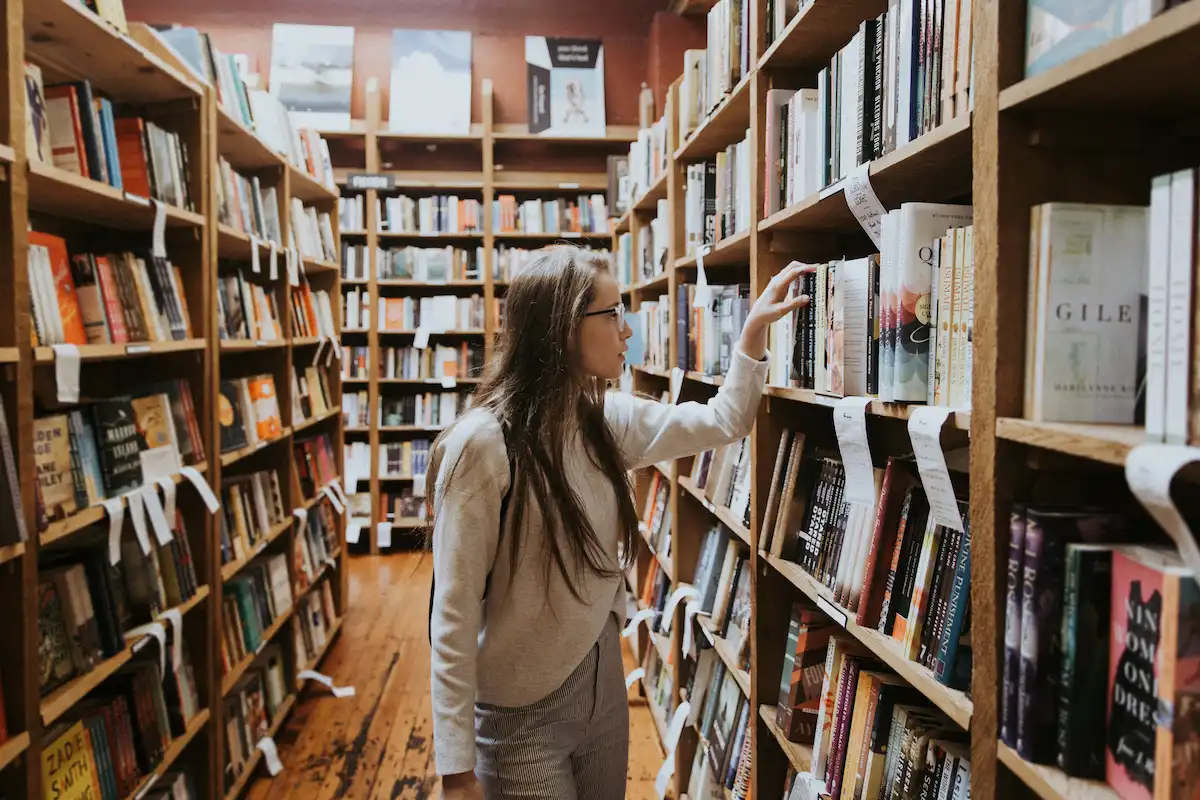In an increasingly narrow and specialized world, reading widely has never been more important. We live in a time when it’s easy to get lost in our own echo chambers, only exposing ourselves to ideas and opinions that reinforce our existing beliefs. The truth is that this approach to knowledge acquisition can be incredibly limiting. When we read widely, we expose ourselves to a range of perspectives and ideas, expanding our understanding of the world and challenging our assumptions.
One of the most famous proponents of reading widely was the author and philosopher, Mortimer Adler. In his book, “How to Read a Book,” (which I HIGHLY recommend), Adler argued that reading widely was essential for intellectual growth. He wrote, “You must be able to read widely if you are to be intellectually complete and if your reading is to serve you both in understanding and in action.” Adler believed that reading widely allowed us to see the world through multiple lenses, enabling us to make more informed decisions and better navigate complex issues.
*This page contains affiliate links. Purchasing through them costs nothing extra but supports the free content on this website.
What Does it Mean to “Read Widely”?
But what does it mean to read widely? For some, it may mean exploring a range of genres or topics, from science fiction to history to memoirs. For others, it may mean seeking out books written by authors from different backgrounds or cultures. Regardless of the specific approach, the key is intentionally seeking ideas and perspectives that challenge our existing beliefs and expand our understanding of the world.
The Benefits of Reading Widely
One of the most important benefits of reading widely is that it helps us to cultivate empathy. When we read about experiences and perspectives different from our own, we are forced to confront our biases and assumptions. We begin to see the world through the eyes of others, developing a deeper understanding of the complexities and nuances of the human experience. This, in turn, allows us to approach our interactions with others in a more compassionate and open-minded way.
Reading widely also helps us to develop critical thinking skills. When we encounter new ideas and perspectives, we are forced to evaluate them in light of our existing knowledge and beliefs. Evaluating and synthesizing information is essential for making informed decisions and developing a well-rounded perspective on complex issues. It allows us to see beyond the surface-level details and understand the deeper implications of the ideas and arguments we encounter.
Another benefit of reading widely is that it can help us to become more creative. When we expose ourselves to a range of ideas and perspectives, we begin to see the world in a new light. We become more open to the unexpected and the unconventional, and we can better make connections between seemingly disparate ideas. This can be incredibly valuable for anyone who wants to develop their creativity, whether they are an artist, a writer, or a business leader.
Perhaps the most important reason to read widely is simply that it makes life more interesting. When we limit ourselves to a narrow range of ideas and perspectives, we miss out on the richness and diversity of the world around us. Reading widely allows us to explore new worlds and encounter new ideas, making life more vibrant and fulfilling.
How to Read Widely
Of course, reading widely can be challenging. It requires time and effort to seek out new ideas and perspectives, and it can be uncomfortable to confront ideas that challenge our existing beliefs. But the rewards are well worth the effort. By reading widely, we become more informed, more empathetic, and more creative. We develop critical thinking skills that enable us to navigate complex issues more easily, and we open ourselves up to a world of new ideas and experiences.
So how can we start reading widely? The first step is to be intentional about our reading habits. Instead of defaulting to the same genres or authors, we should actively seek out books and articles that challenge our assumptions and expand our understanding of the world. This may mean exploring new topics, seeking out books by authors from different backgrounds, or intentionally seeking out perspectives that challenge our existing beliefs.
We can also make an effort to engage in discussions with people who hold different perspectives from our own. By listening to others and trying to understand their point of view, we can gain a deeper understanding of the complexities of the world around us. This can be uncomfortable at times, but it is essential if we want to grow and develop as individuals.
Finally, we can make an effort to read widely in our everyday lives. This may mean setting aside time each day to read a variety of books and articles or simply making an effort to read something outside of our comfort zone occasionally. By exposing ourselves to a range of ideas and perspectives, we can expand our understanding of the world and become more informed, empathetic, and creative individuals.
Conclusion
Reading widely is more important now than ever before. In a world that seems increasingly divided and narrow-minded, it is essential that we actively seek out new ideas and perspectives in order to develop a more well-rounded understanding of the world. By reading widely, we can become more informed, more empathetic, and more creative individuals, capable of navigating complex issues and engaging with the world in a meaningful way. Please, make an effort to read widely, and embrace the richness and diversity of the world around us.

Leave a Reply